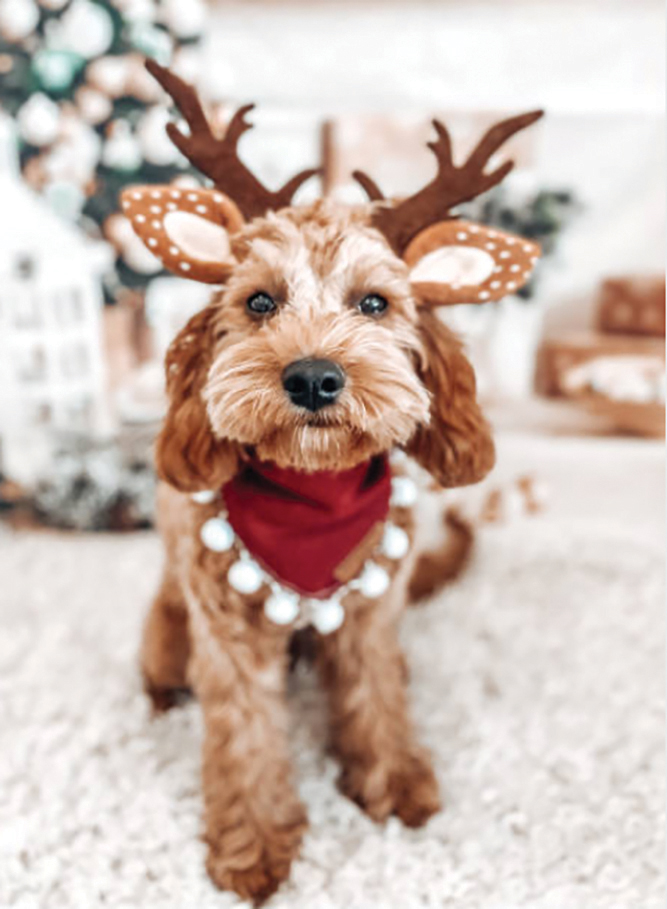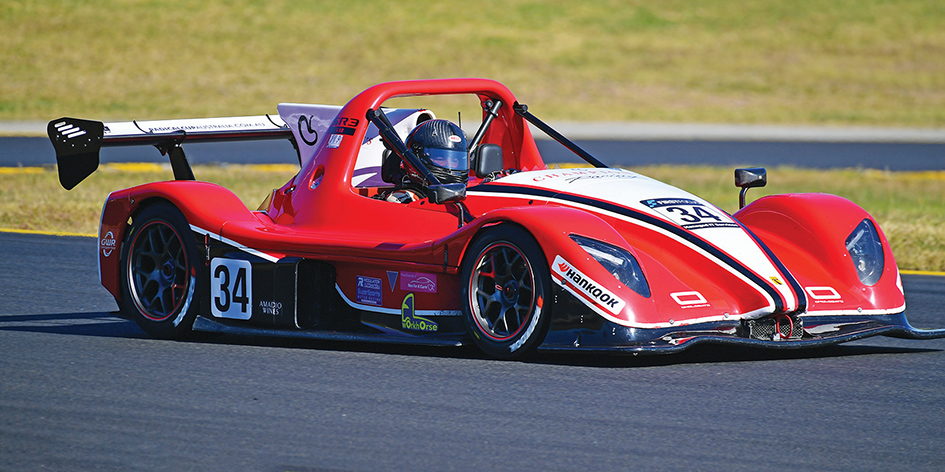By Kellie Tickner, Orchard Hills Veterinary Hospital Administrator
CHRISTMAS is a season of sunshine, gatherings, and indulgent food, but for our pets, the holidays can present a host of hidden dangers. With changes in routines, parties, and tempting treats, it’s easy for our furry friends to get into mischief. To help ensure a safe and happy Christmas for all, here’s a guide to the Twelve Pet Hazards of Christmas and how to avoid them.
1. Christmas Dinner and Leftovers – As much as your pet might beg for scraps, festive foods like ham, pork, and gravy are too rich for their digestive systems. Feeding these treats can lead to upset stomachs or even life-threatening pancreatitis. Stick to pet-safe treats and keep those indulgent dishes for humans only.
2. Fruit Cake, Grapes, and Sultanas – Traditional holiday treats like fruit cake, fruit salad, and mince pies often contain grapes or sultanas, which are toxic to dogs. Even small amounts can cause kidney failure, leading to symptoms like lethargy, vomiting, diarrhea, and changes in urination. Always keep these foods out of reach.
3. Desserts – Desserts are a Christmas highlight, but ingredients like chocolate, xylitol (found in sugar-free sweets), and alcohol are extremely dangerous to pets. Chocolate can cause seizures and heart problems, whilst xylitol can lead to a life-threatening drop in blood sugar or liver failure. Make sure desserts are kept well away from curious noses.
4. Macadamia Nuts – Popular during Aussie Christmas celebrations, macadamia nuts are toxic to dogs, causing muscle weakness, vomiting, and tremors. Always store nuts securely and avoid offering any as treats.
5. BBQ Skewers and Bones – Barbecues are an Aussie tradition, skewers can cause severe internal injuries if swallowed, and cooked bones can splinter, leading to choking or obstructions. Dispose of BBQ waste safely and never feed your pets cooked bones.
6. Christmas Lilies – All parts of the lily plant—leaves, petals, and pollen—are highly toxic to cats. Even a small nibble can lead to kidney failure or death. If you have cats, avoid bringing lilies into your home.
7. Decorations: Tinsel and Fairy Lights – Glittering decorations like tinsel and fairy lights may seem like toys to pets but can lead to serious problems if ingested. Tinsel and electrical cords can cause intestinal blockages or burns. Opt for pet-safe decorations and supervise curious pets around the tree.
8. Ribbons and String – The ribbons and strings on Christmas presents can be irresistible to cats but if swallowed can lead to life-threatening gastric obstructions that require emergency surgery.
9. Christmas Trees – Real or artificial, Christmas trees can be hazardous. Cats love to climb, which can lead to falls or toppled trees. The oils from real trees can also irritate pets’ mouths and stomachs if ingested. Secure your tree and avoid using toxic tree water or fertilisers.
10. Visitors and Festivities – A steady stream of visitors can overwhelm pets, causing stress or escape attempts. Create a quiet retreat for your pet with their bed, toys, and water to help them feel secure. Make sure all visitors are mindful of doors and gates to prevent escapes.
11. Snakes – Australian summers mean snakes are active, especially in areas with tall grass, water, or rodent activity. Be vigilant during walks, particularly along the Nepean River or overgrown areas.
12. Heatstroke – Never leave your pet in the car, or walk your dogs on hot days. Heatstroke is a severe risk, with symptoms like excessive panting, drooling, and lethargy.
If you have any concerns about your pet’s health or suspect they’ve encountered one of these hazards, don’t hesitate to contact your veterinarian immediately.
From all of us at Orchard Hills Veterinary Hospital, we wish you a Merry Christmas and a happy, healthy holiday season! Contact us if you need assistance: 4736 2027.






